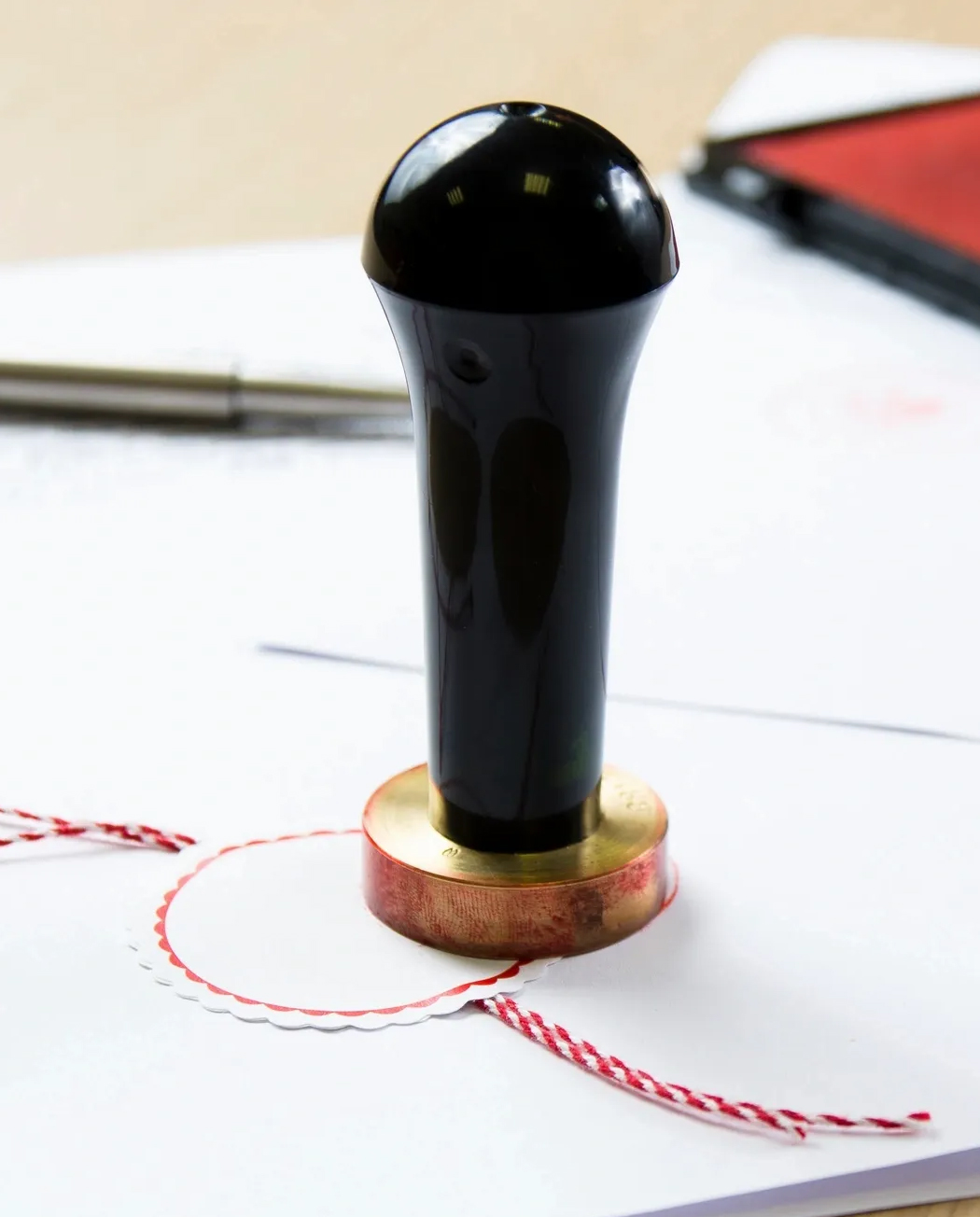Why Notarize?
What is a Notary Public?
The National Notary Association notes: A Notary Public is an official of integrity appointed by state government —typically by the secretary of state — to serve the public as an impartial witness in performing a variety of official fraud-deterrent acts related to the signing of important documents. These official acts are called notarizations, or notarial acts. Notaries are publicly commissioned as “ministerial” officials, meaning that they are expected to follow written rules without the exercise of significant personal discretion, as would otherwise be the case with a “judicial” official.
The term “notary public” only refers to common-law notaries and should not be confused with civil-law notaries, which are lawyers who have passed their bar exam. A common-law notary who is not a lawyer is forbidden from providing legal advice.
When do you need a Notary Public?
Here are a few examples of the different types of documents that would require the presence of a notary public in the first place. These are by no means the only examples of documents requiring a notary public, but they’re some of the most common. These include:
· Loan documents
· Affidavits
· Contracts
· Licences
· Estates
· Deeds
· Power of attorney
· Trusts

Why use a Notary Public?
There are plenty of reasons why you should use a notary public and there are plenty of reasons why you will need to use a notary public. In some instances, I.E when it comes to power of attorney, a notary public will need to be present to oversee the signing of the documents in question. Deeds and declarations will also likely need to be overseen by a notary public, in which case you should seek the services of your nearest public notary as soon as possible. Before a document to be used overseas is ready for apostille, it also needs to have the notary public’s seal of approval.
